Accession talks with Albania formally began at the European Union on October 15th 2024, with the second EU-Albania Intergovernmental Conference held on the sidelines of the European Union's Genreal Affairs Council in Luxembourg.
The meeting signalled the opening with the first cluster of negotiations with Tirana, related to fundamental rights and the rule of law. There are six clusters of negotiations in total, with the first one including five chapters.
Speaking at a joint press conference, Hungarian Foreign Affairs Minister and Conference Chair Peter Szijjarto cautioned that the negotiating process and preparation is "truly tough, complicated, and difficult." He added that accelerating the enlargement of the European Union in the direction of the Western Balkan countries is the top priority of the Hungarian Presidency's agenda.
Edi Rama
Albanian President Edi Rama welcomed the day as one of "historic importance" for the Albanian people and for the entire EU, and thanked all EU countries for their help, as every step of the process requires unanimous agreement by all member states.
Rama added that his government's aim is to have completed this process by 2030, when Albania should be ready to become a full member of the EU. He admitted it was "a very ambitious plan and requires a lot of work," but also said "we rely on the help of friends and partners to achieve it" on political and technical level.
As the Albanian leader noted, the Russian aggression in Ukraine provided a new impetus in the process and "reminded Europe that self-reliance is an illusion," adding that "the EU needs the countries of the Western Balkans as must as the Western Balkans need the EU."
Earlier, Foreign Affairs Minister George Gerapetritis stressed upon his arrival at the intergovernmental conference that "Greece maintained a constructive stance in the accession process of Albania, despite the crisis of the last 18 months in Greek-Albanian relations," and termed the day "a landmark" for the development of the European path of all Western Balkan countries. He also clarified that the issue of minority rights, including the rights of the Greek ethnic minority, and property rights in particular, must be included in negotiations. Greece's stance has been adopted jointly by all 27 EU member states, he added.
Commissioner Varhelyi
With Tuesday's Intergovernmental Conference, Albania's accession process was officially disconnected from that of North Macedonia, with which it was linked as of the summer of 2022, when negotiations first began.
Albania deserved to have started substantial negotiations a long time ago, Szijjarto said, expressing the hope that substantial negotiations would also begin with North Macedonia within 2024 and expressing support for both countries.
During the press conference, Commissioner for Neighbourhood and Enlargement Oliver Varhelyi spoke of three failed attempts to get agreement on starting the accession negotiations with Albania and North Macedonia. "We had to put enlargement policy first on its feet again, then deal with the real enlargement, the real integration. Meaning, how we are going to get similar economies, societies, embedded in the Western Balkans even before accession takes place; that is the Economic and Investment Plan," he said.
MEP Beleri
Commenting on the event, European MP for New Democracy Fredi Beleri said that Albania's obligations now reflect the long-standing demands of the ethnic Greek minority in Albania and "the injustices we suffered all these years as members of the Greek ethnic minority".
Beleri expressed the hope that Albania respects the Greek ethnic minority's rights and property rights, "in order not to miss a historic opportunity opening before it." He underlined that "Albania's place is in Europe," and it is up to the country to use speed, decisiveness, and boldness toward this achievement.
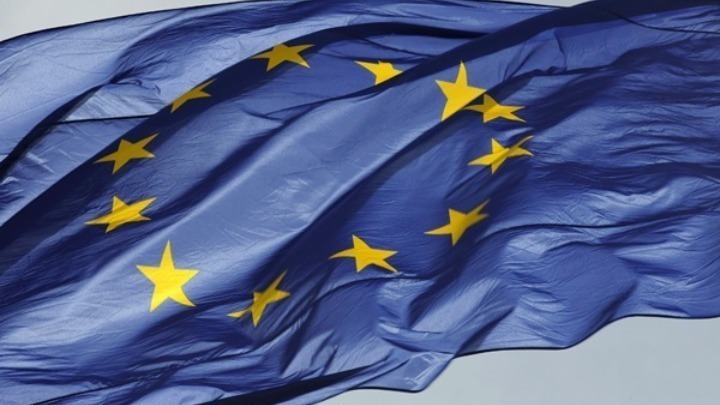



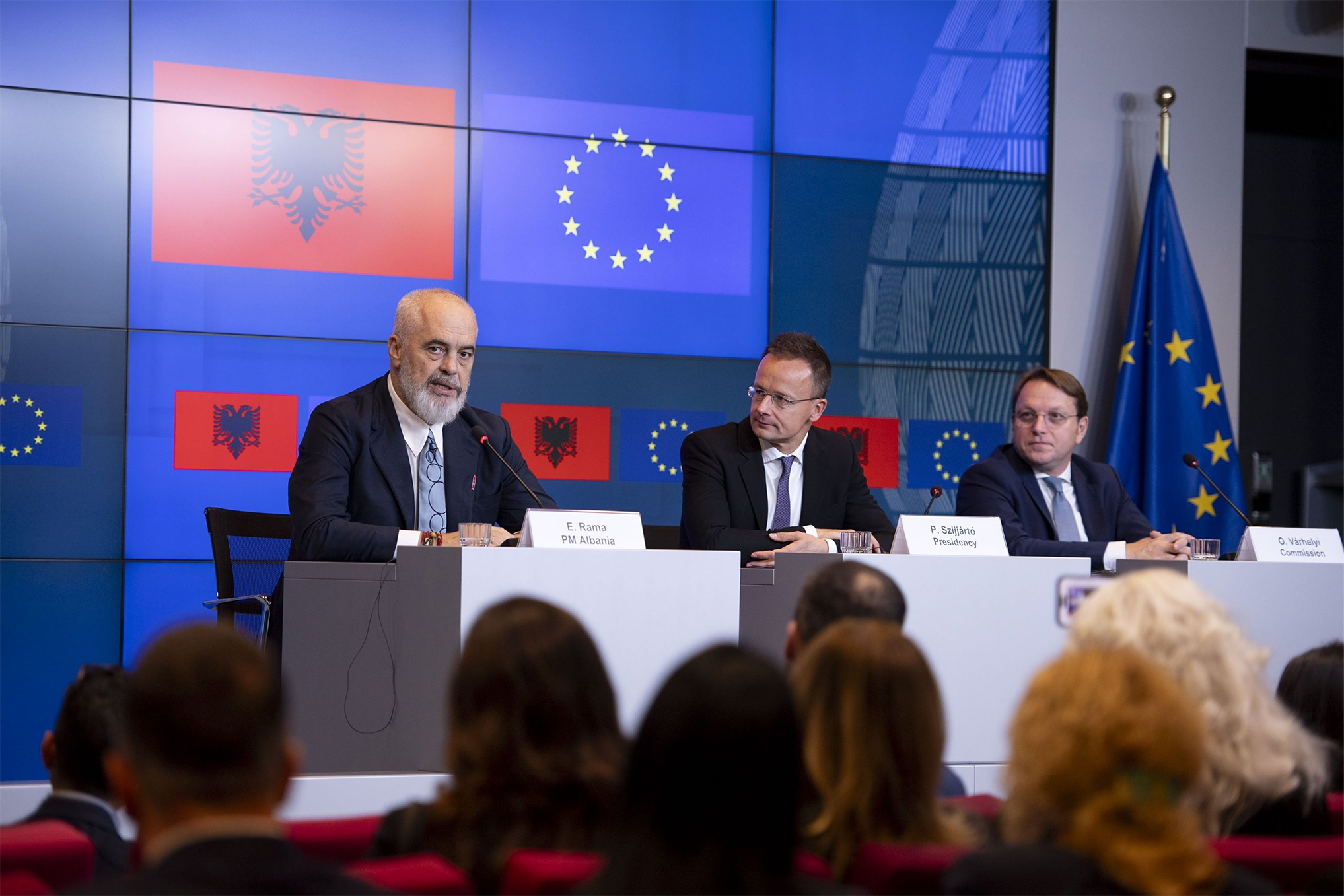

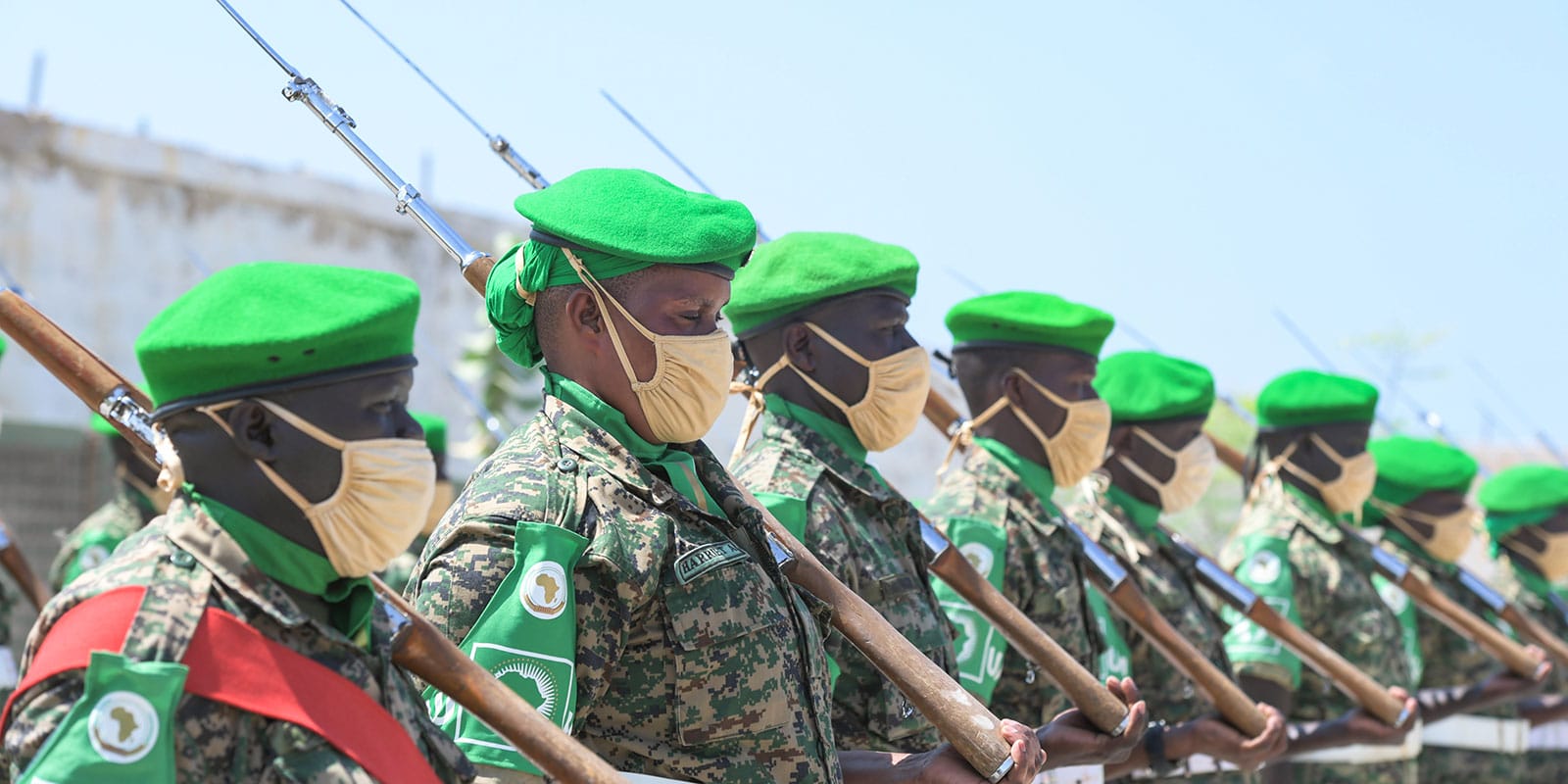


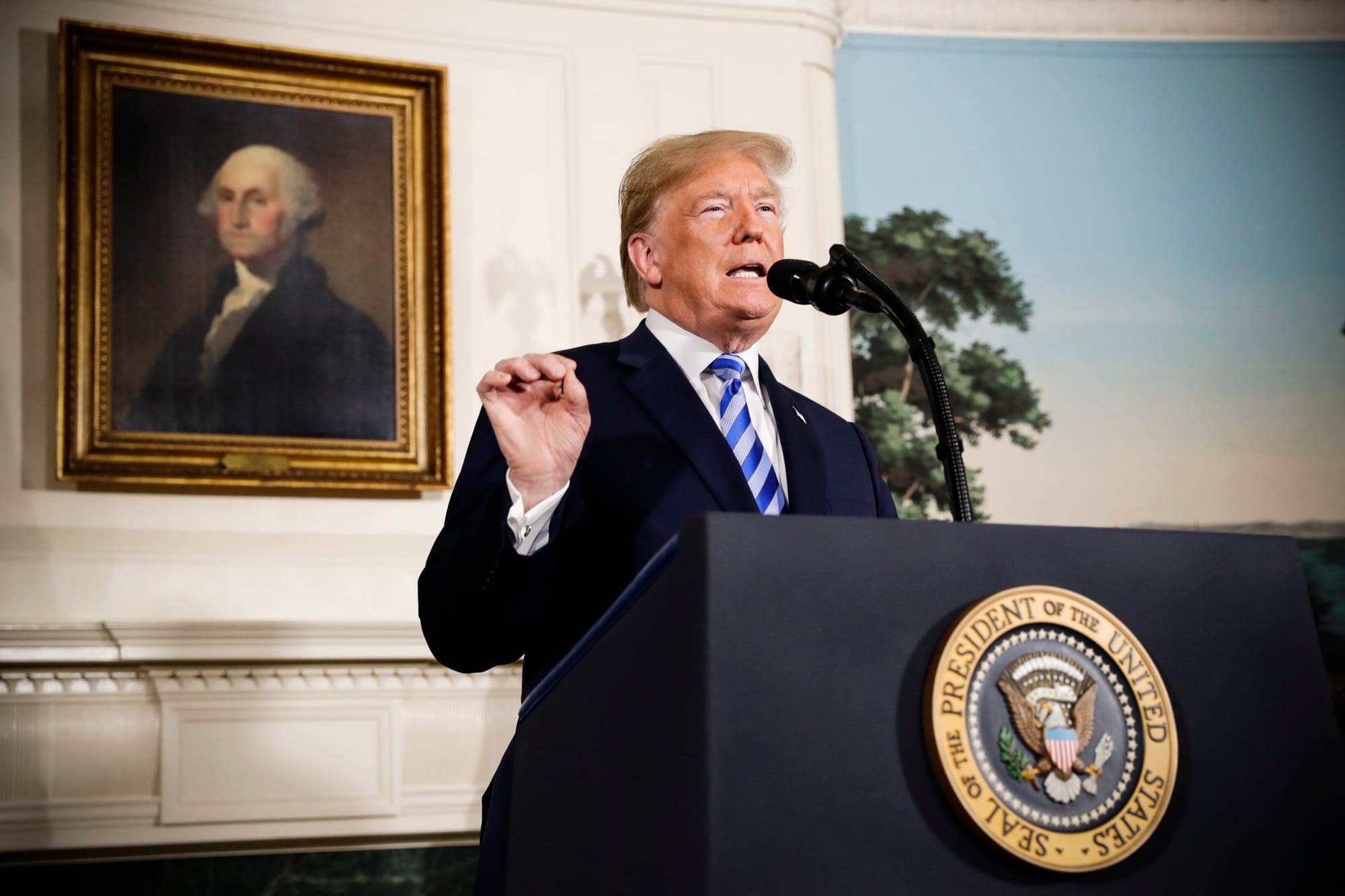
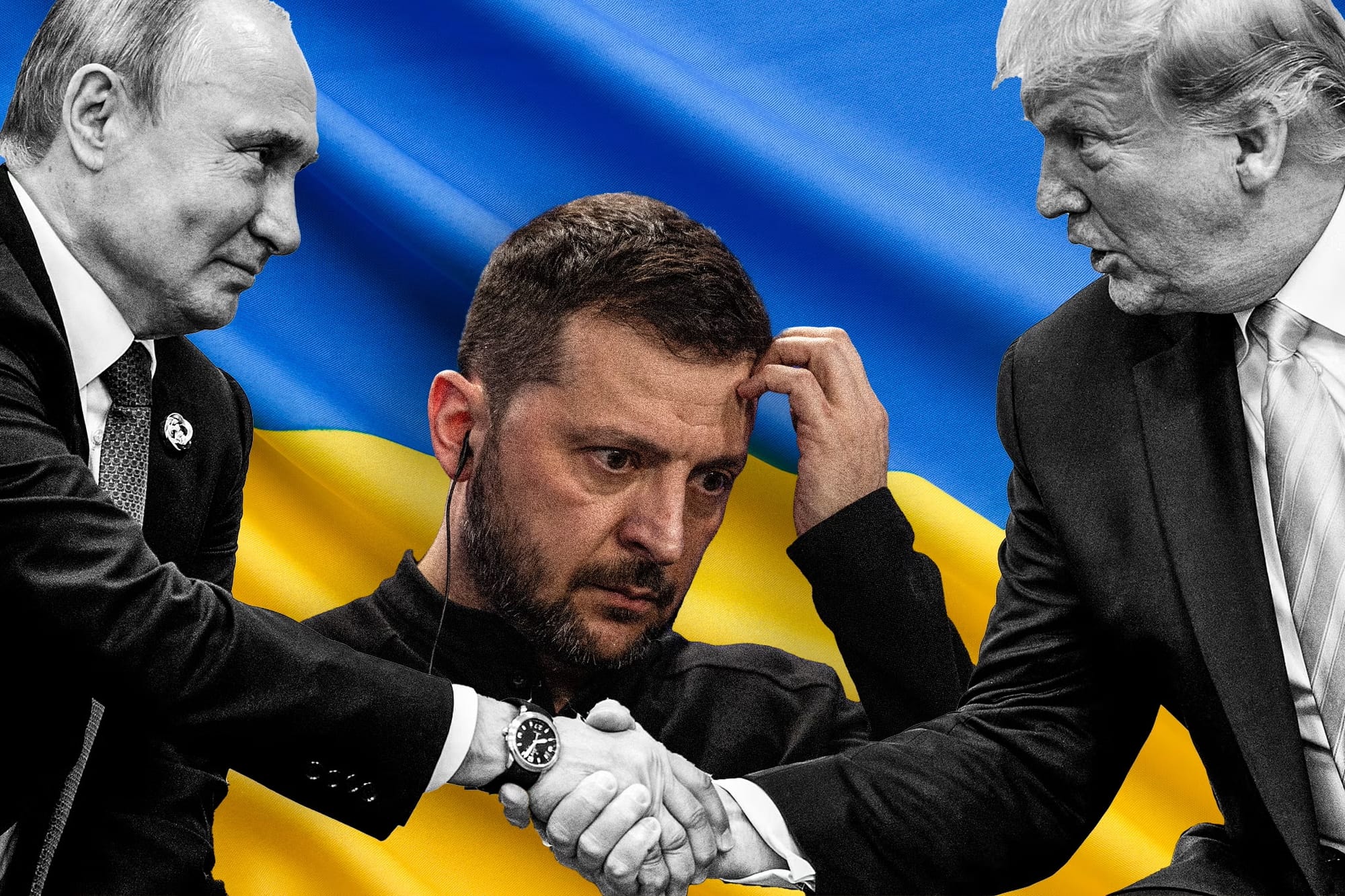

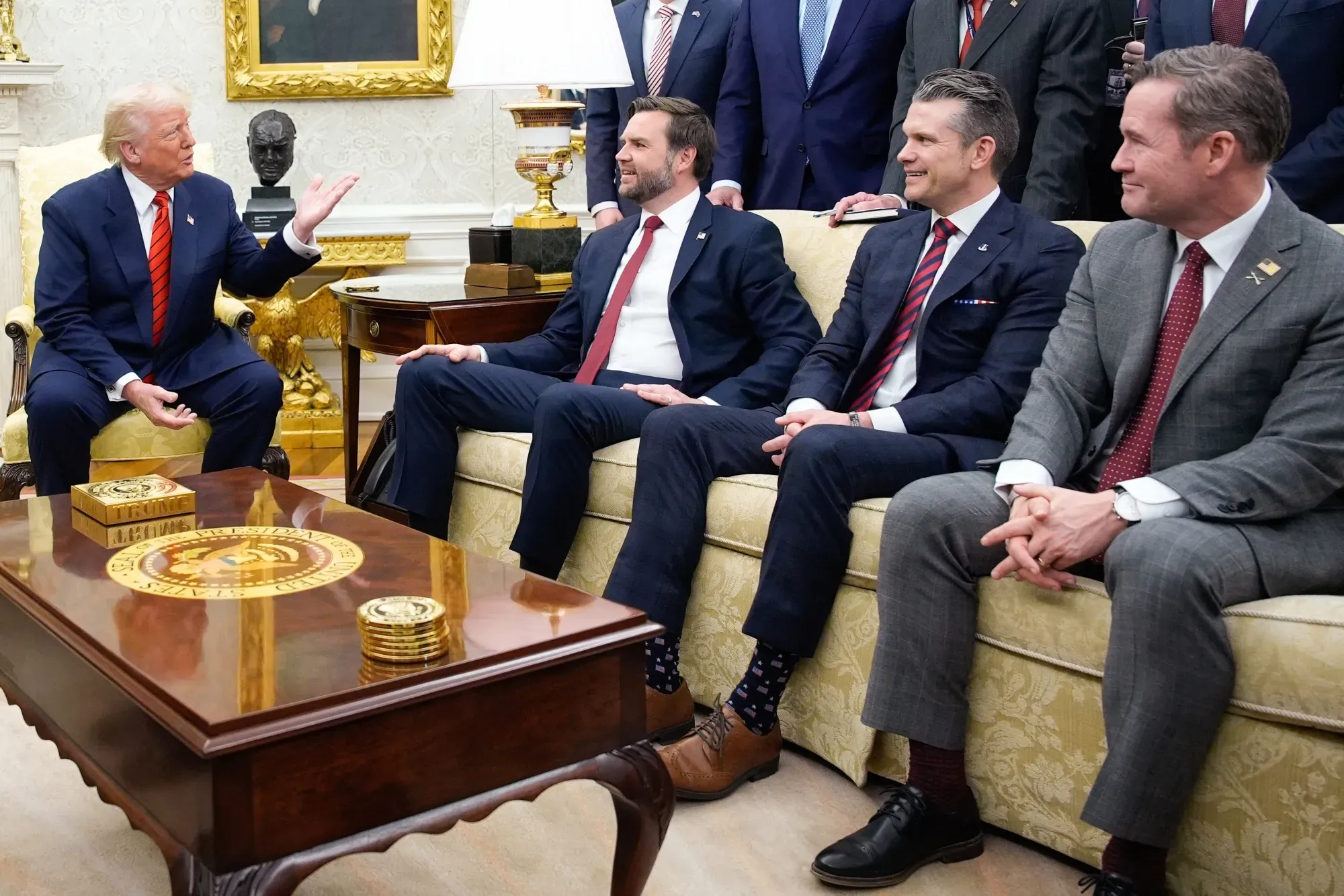
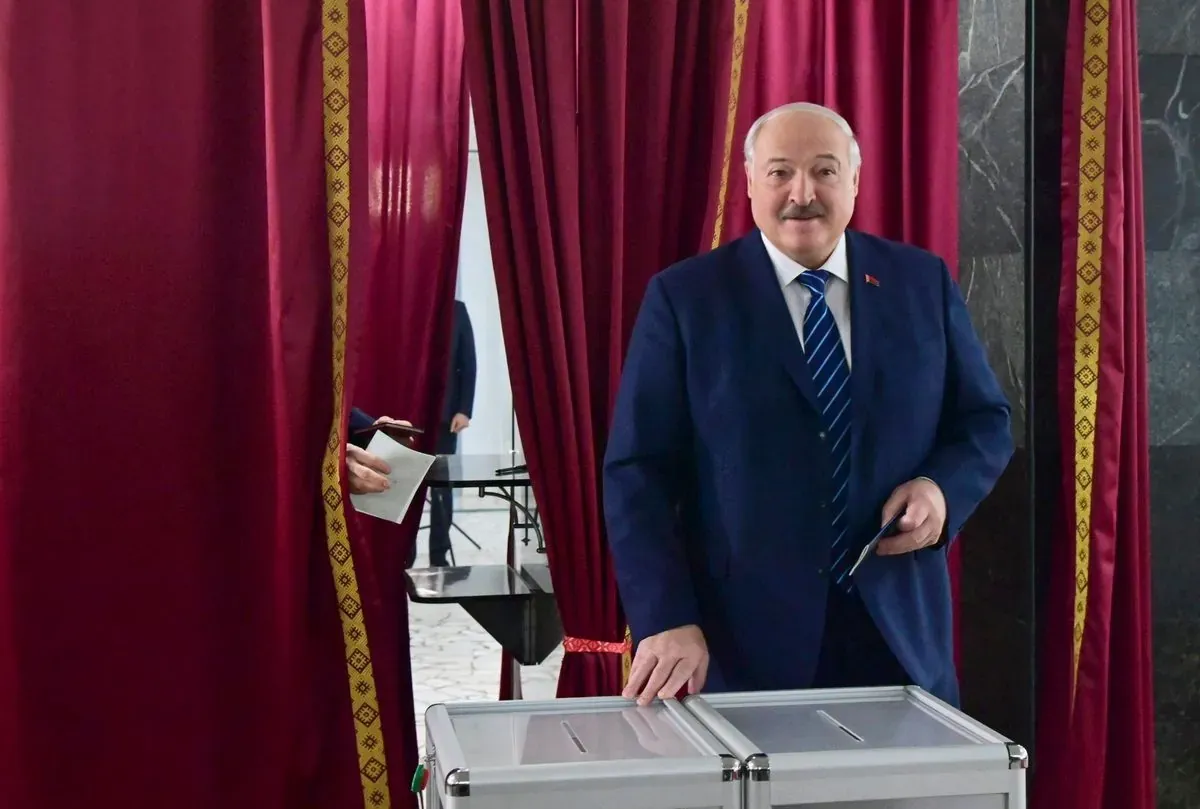
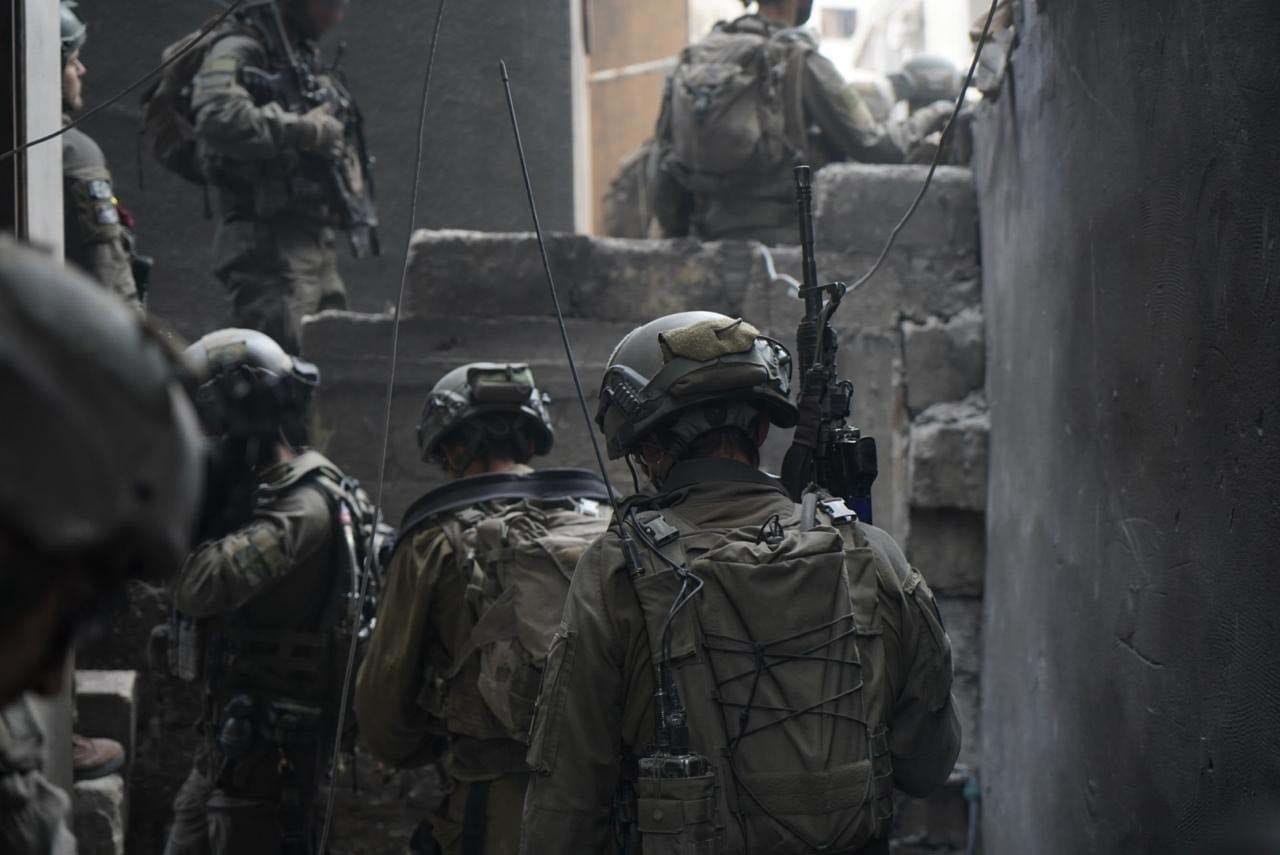
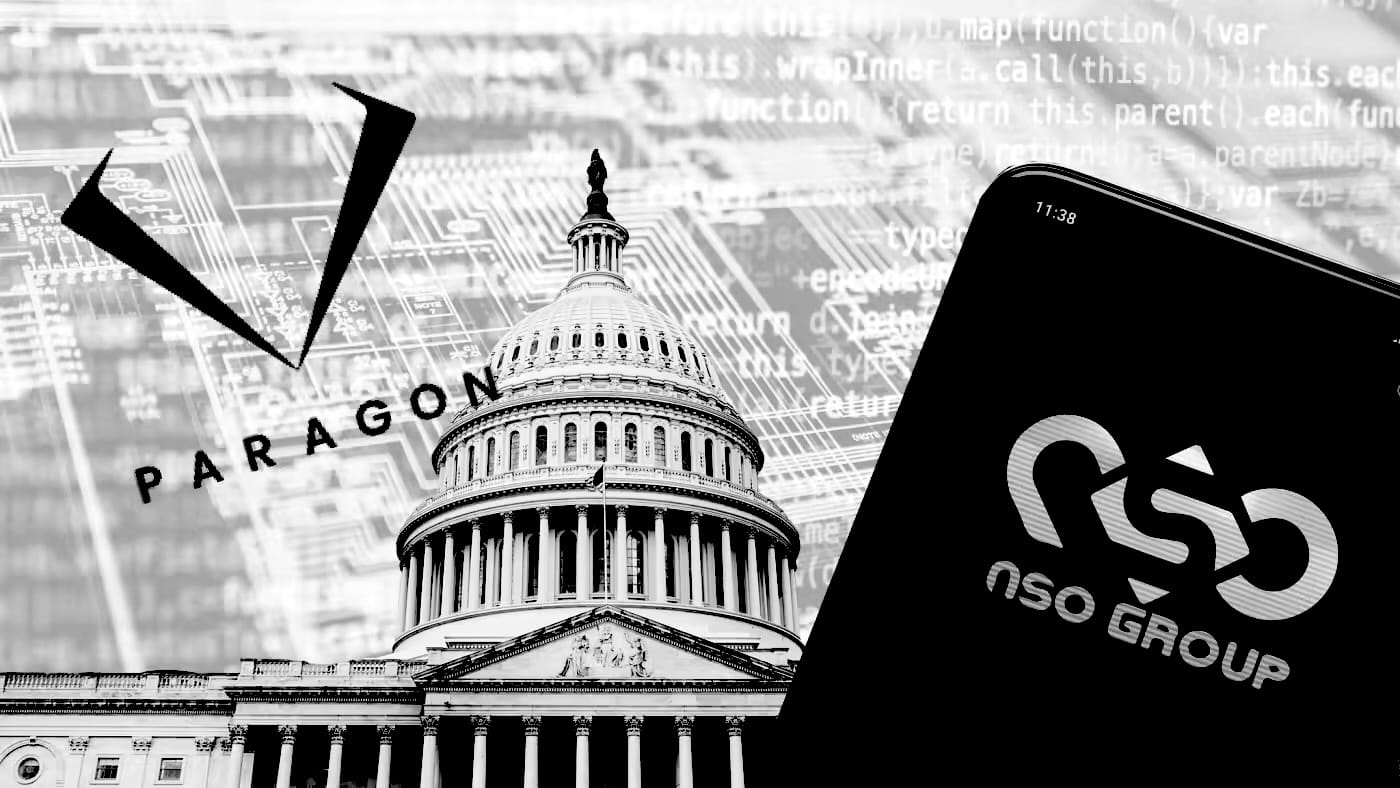
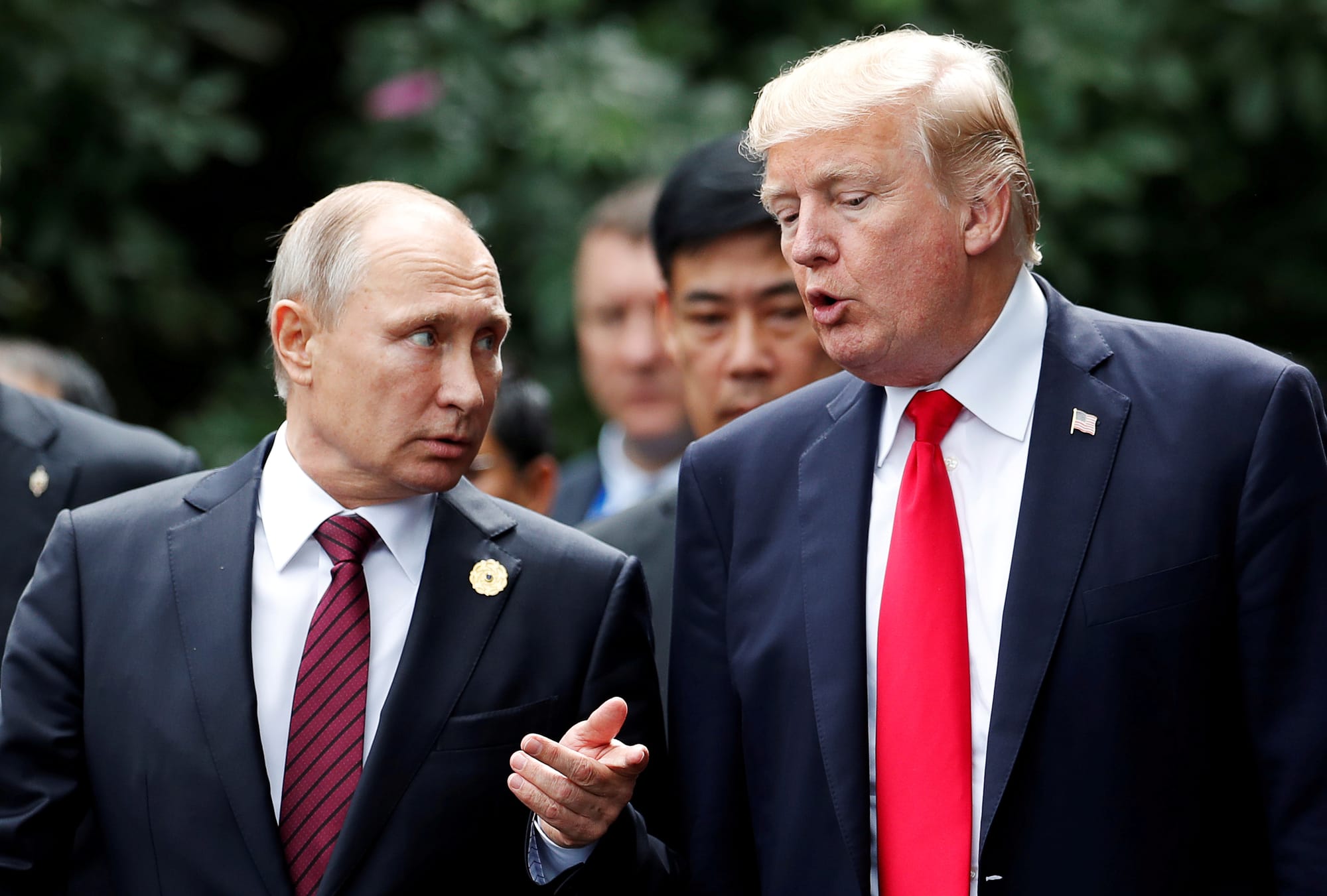
Discussion